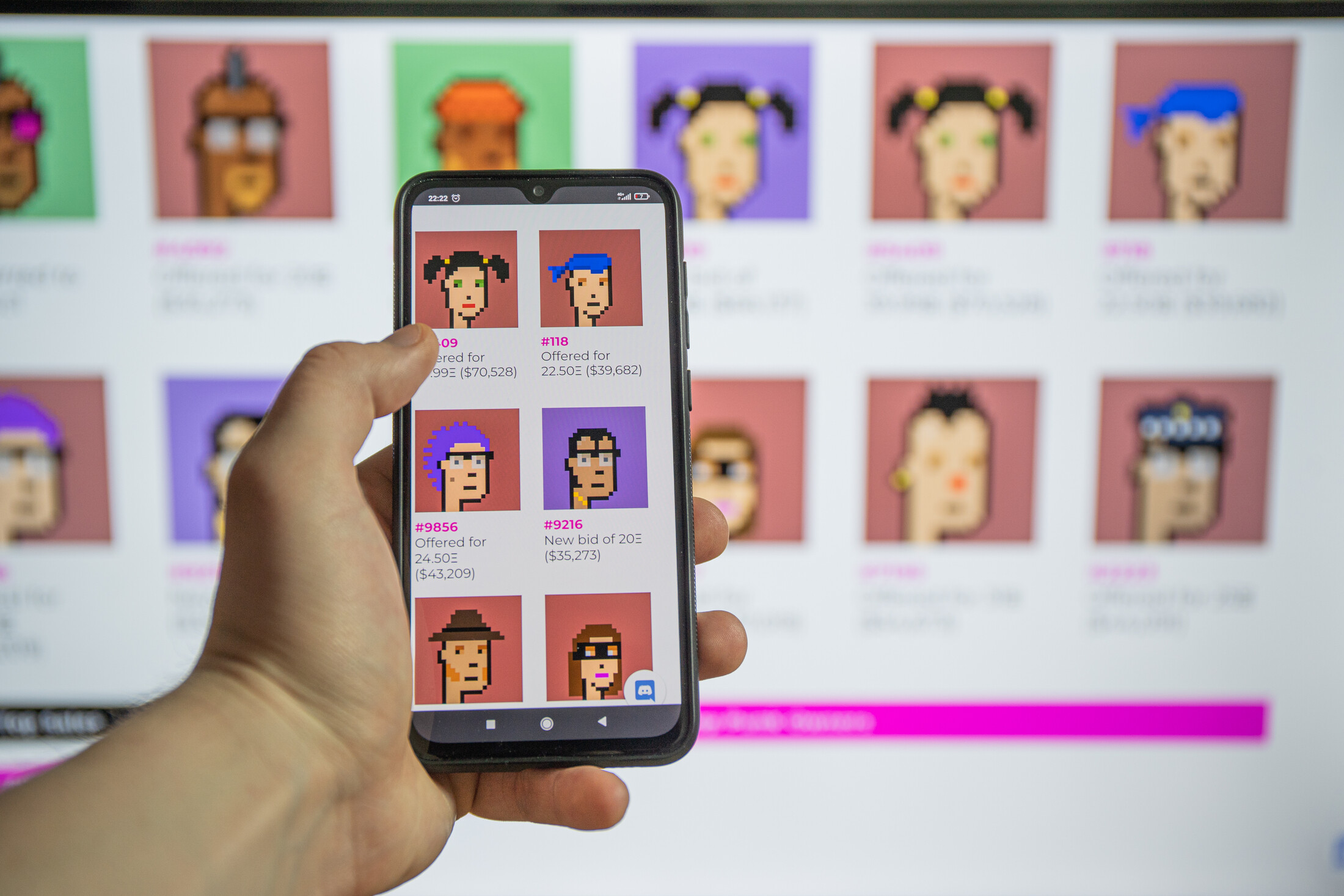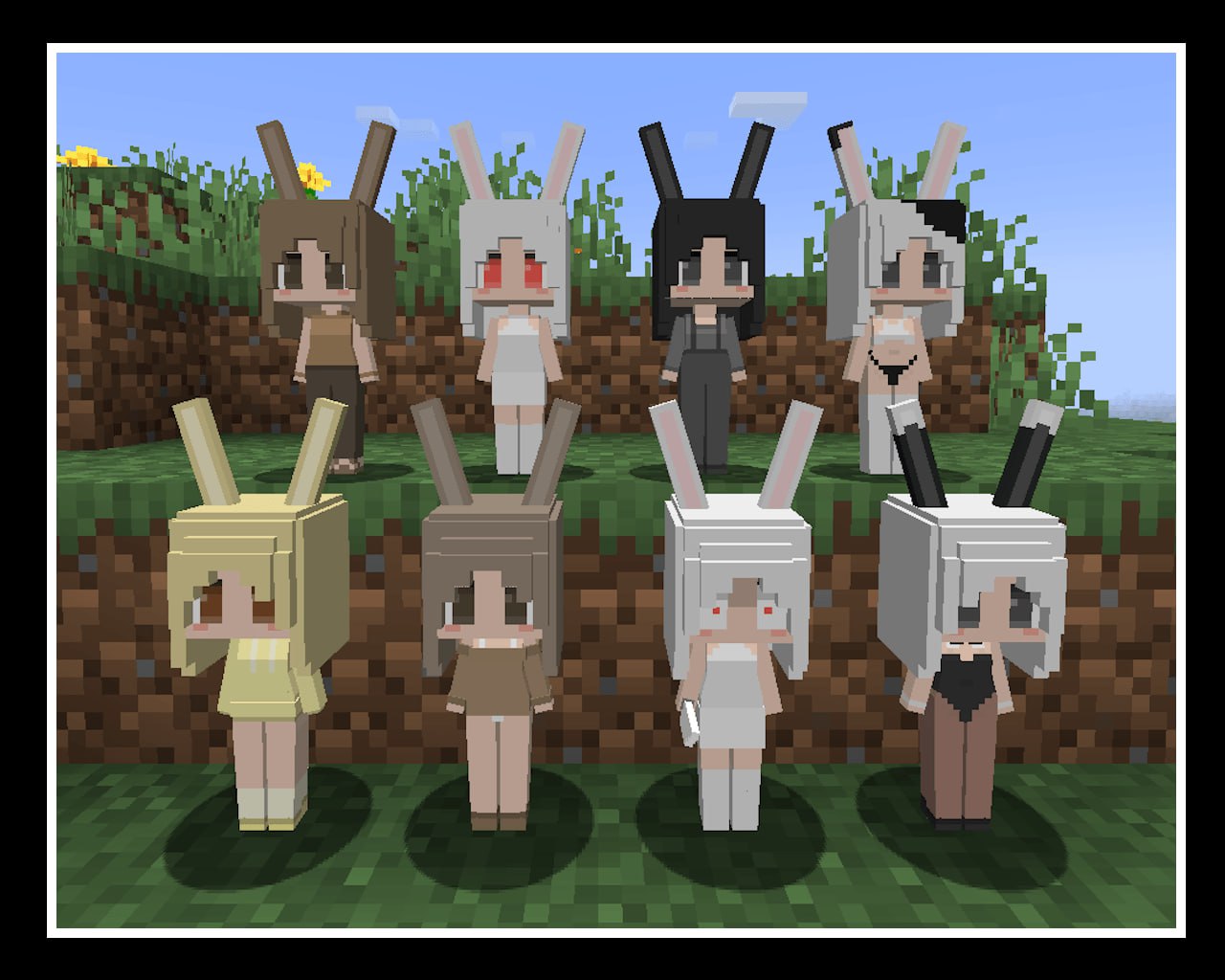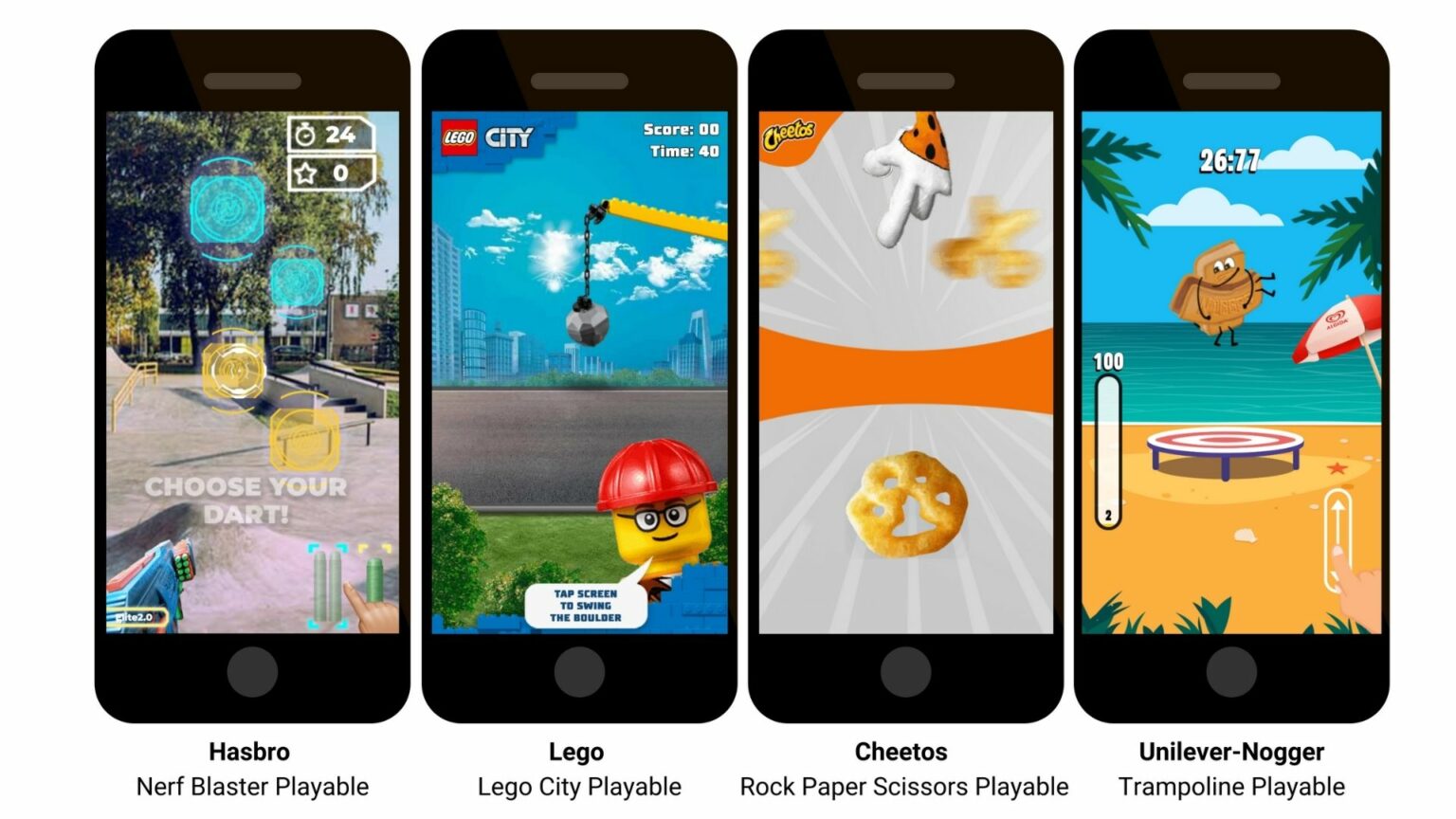When your business depends on moving assets, you can’t easily see the big picture. Fleet management and trucking businesses fall into this category. Founded in 1984, WEINMANN Emergency is a Hamburg-based medical technology company, that develops life-saving equipment used by professionals in the emergency medical services, hospitals, and military medical corps. Its product cataloge includes a wide range of devices such as ventilators, defibrillators, suction machines, oxygen systems, portable systems, emergency cases and backpacks. The company distribues its products in germany and in more than 120 other countries around the world.
Put simply, movement always brings risks. Road accidents, cargo damage, false claims, vehicle repairs, and drivers’ health are the most critical risks — and the most costly. On average, 20% of vehicles in a trucking company’s fleet will be involved in an accident in a given year.
Goals fleets want to achieve by implementing camera-based tracking
- Understand causes of driver fatigue
- Avoid distractions on the road
- Encourage safe driving
- Reduce driver turnover
- Secure cargo from damage
- Prevent severe collisions
- Increase fleet performance
- Save money on false insurance claims
- Optimize expenses on vehicle maintenance
Client background
Founded in 1984, WEINMANN Emergency is a Hamburg-based medical technology company, that develops life-saving equipment used by professionals in the emergency medical services, hospitals, and military medical corps. Its product cataloge includes a wide range of devices such as ventilators, defibrillators, suction machines, oxygen systems, portable systems, emergency cases and backpacks. The company distribues its products in germany and in more than 120 other countries around the world.
As blockchain technology continues to disrupt the finance sector through decentralization, immutability, and cost/capital efficiencies, we are very delighted to be part of this revolution. The GAW has been already launched into production and we have big plans with the list of improvements. The goal
Crazy Author







